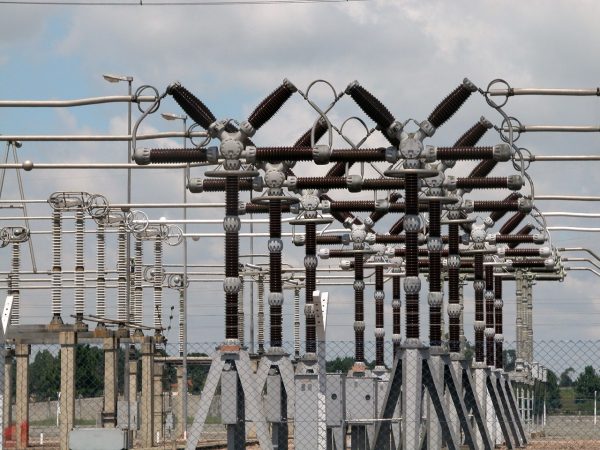The Association of Nigerian Electricity Distributors (ANED) says the call for a sustainable tariff by other operators in the power sector has vindicated its earlier position on the need for a cost reflective tariff.
The Executive Director of ANED, Mr Sunny Odutan said this at a news conference in Abuja on Wednesday.
Oduntan said that ANED’s position on cost reflective tariff in the sector was not a call for an increase in tariff, but an avenue to improve the liquidity issues in the sector.
He said that there was the need to proffer solution to the challenges in the sector, given the huge market shortfall in the Nigerian Electricity Supply Industry.
“It is not an attempt by people in the power sector to take advantage or to cheat Nigerians, or to make life difficult for Nigerians.
“.ANED is not calling for an increase in tariff, ANED is only lending its voice to the call by all stakeholders and ANED is saying that it has been vindicated .
“So now that others are saying it, it has confirmed our position that we need to look at the problem in the sector holistically, without politics, bickering,and without engaging in blackmail.
“We should look at it in such a way that how do we make power available to the Nigerian people by increasing generation, transmission and distribution.
Oduntan said that it was not sustainable for the DisCos to buy electricity from Generating Companies (GenCos) at N68 and then distribute to the consumers at N31.50k
“ It is not sustainable unless something is done; a lot of things can be done.
“Unless something is done to fill that shortfall, it will continue to build up and the system will collapse with time.
He said it was important for all stakeholders, including the consumers, to engage in a robust conversation on how to break the vicious circle of generating power between 3,000 and 4,000 mega watts in the country.
“We should break that barrier and go ahead to generate 10,000MW and move to 20,00MW.
“As long as we continue to generate around 3,000, 4,000 megawatts, going around the same circle of generation, what it means is that the DisCos cannot give the consumers what they want.
He also said that it was important for electricity consumers to understand that power supply was no longer a social service provided by government, hence the need for sustainable tariff in the sector.
He said the liquidity challenge in the sector was inhibiting the capacity of the operators to provide Nigerians with required power .
“For us operators in the sector, we should be able to give Nigerians what they need, but we can only do so when the liquidity crisis is over.
Oduntan said that there was the need for other operators in the sector to uphold transparency in the discharge of their duties.
“There is need for more transparency because DisCos cannot pay for capacity charge that is not the same with energy supplied.
“DisCos agree that there should be transparency in the system, but it should be done holistically.”
He attributed the inability of the DisCos to remit 100 per cent to the Market Operator (MO) to lack of payment by many electricity consumers in the country.(NAN)
KC/IA

